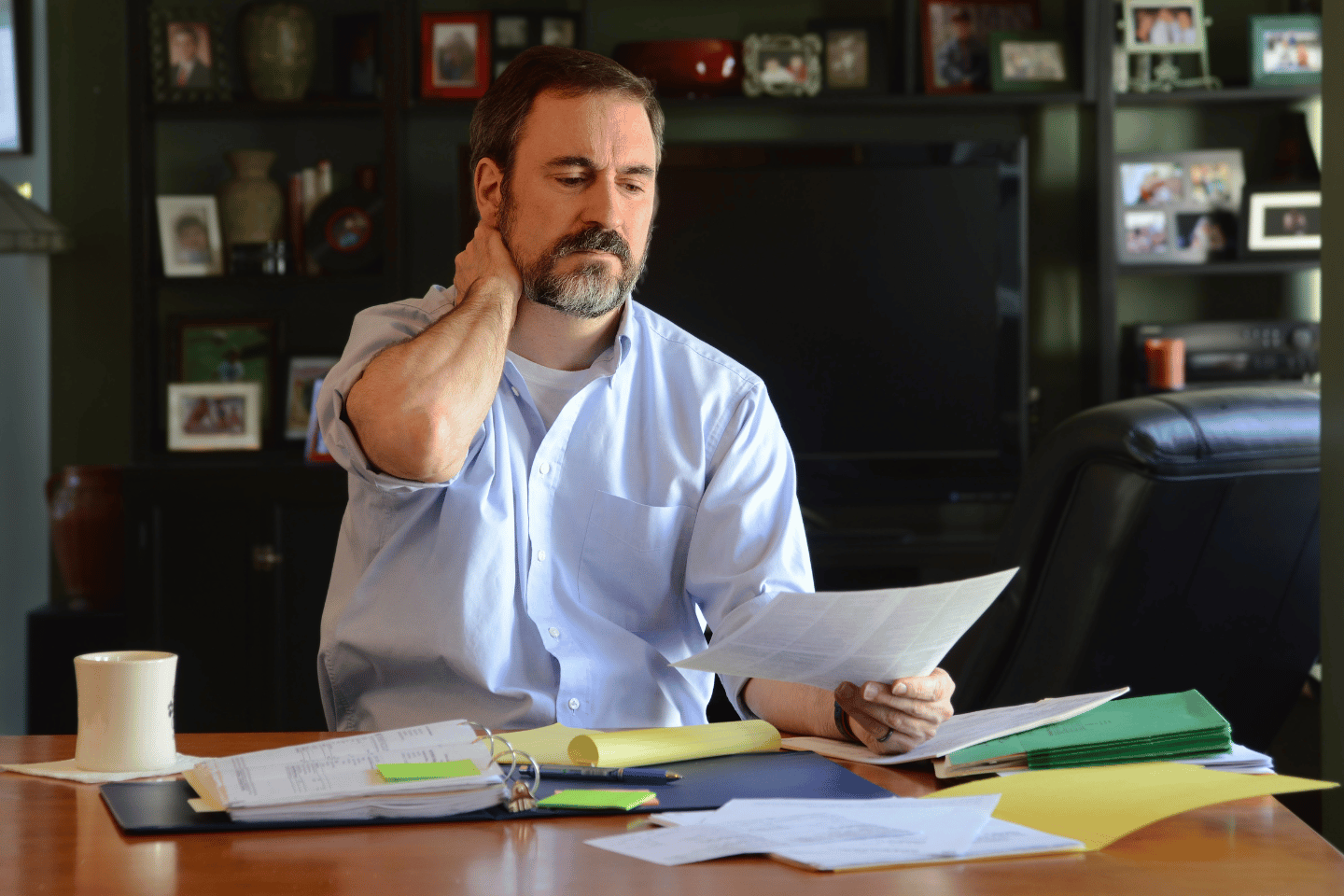Super Death Benefit Tax
Posted on:
Raffi Pailagian
MBA, BSc, DipFP
Financial Planner / Managing Partner
Super Death Benefit Tax – Demystifying Who Pays & How To Minimise It
In Australia, superannuation is a nest egg many rely on for a comfortable retirement. But what happens to your super savings if you pass away? While it may go to loved ones, there can be tax implications for beneficiaries, known as the Super Death Benefit Tax.
This article explores the Super Death Benefit Tax in Australia, explaining who is liable and strategies to minimise the tax burden for your beneficiaries.
Who Pays The Super Death Benefit Tax?
When a super fund member passes away, their accumulated super savings become a death benefit. This benefit can be paid out as a lump sum or converted into an income stream for eligible beneficiaries. The beneficiaries you nominate in your super fund determine the tax treatment of the death benefit.
There are two main categories of beneficiaries for tax purposes:
- Dependants – These include your spouse, a child under 18, or a financially dependent adult child.
- Non-Dependants – This category covers adult children who are financially independent, other relatives, or even your estate.
The Tax Implications – Dependants vs. Non-Dependants
The tax treatment of the Super Death Benefit differs significantly based on the beneficiary category:
- Tax-Free for Dependants – The good news is that if your super death benefit goes to a dependant, the entire amount is completely tax-free. This applies regardless of whether the contributions made to your super were pre-tax or post-tax.[i]
- Tax Applies for Non-Dependants – However, the situation becomes more complex for non-dependants. In this case, a tax is levied on the death benefit amount. This tax is known as the Super Death Benefit Tax and has two different rates:
Understanding The Tax Calculation
Calculating the exact tax payable on a Super Death Benefit for non-dependants requires determining the taxable and untaxed components within the total benefit amount. Super funds typically provide beneficiaries with a breakdown of these components. However, a simplified explanation is as follows:
- Tax on Taxable Component (17% Rate) – The tax on the taxable component is simply 17% multiplied by the taxable amount.
- Tax on Untaxed Component (32% Rate) – The tax on the untaxed component is calculated by multiplying the untaxed amount by 32%.
The Total Super Death Benefit Tax For Non-Dependants
The total tax payable for non-dependants is the sum of the tax calculated on both the taxable and untaxed components.
For instance, if the total death benefit is $100,000, with a taxable component of $20,000 and an untaxed component of $80,000, the tax calculation would be:
- Tax on Taxable Component: $20,000 (taxable amount) * 17% (tax rate) = $3,400
- Tax on Untaxed Component: $80,000 (untaxed amount) * 32% (tax rate) = $25,600
Total Super Death Benefit Tax: $3,400 + $25,600 = $29,000
In this scenario, the non-dependant beneficiary would receive $100,000 (total benefit) – $29,000 (total tax) = $71,000.
Strategies To Minimise Super Death Benefit Tax
While the Super Death Benefit Tax can significantly impact the amount your beneficiaries receive, there are strategies you can explore to minimise the tax burden:
- Binding Death Benefit Nomination – This is a powerful tool offered by super funds. It allows you to nominate your dependents as the beneficiaries of your super savings. A binding nomination ensures the super fund pays the death benefit directly to your dependants, bypassing your estate and minimising any potential tax implications.
- Withdrawal and Re-contribution – By implementing a withdrawal and re-contribution strategy you can withdraw the Taxable elements post-retirement and pay $0 tax. You can then re-contribute as Non-Concessional contributions which form part of the Tax-Free component thereby recycling the Taxable component to the Tax-Free component. This reduces or eliminates Super Death Benefits Tax that would be paid by non-dependent adult children as super fund beneficiaries. Please note, this is a complex strategy that will need the involvement of a competent financial planner to take you through the process, manage the timing, amounts of withdrawals and contributions.
Conclusion
The Super Death Benefit Tax can significantly impact how much your loved ones receive from your super savings. By understanding who is liable for the tax and exploring minimisation strategies, you can ensure your beneficiaries inherit a larger portion of your super.
Important Disclaimer: The information provided in this article is general in nature and does not constitute financial advice. Please consult with a qualified financial advisor to discuss your individual circumstances.



